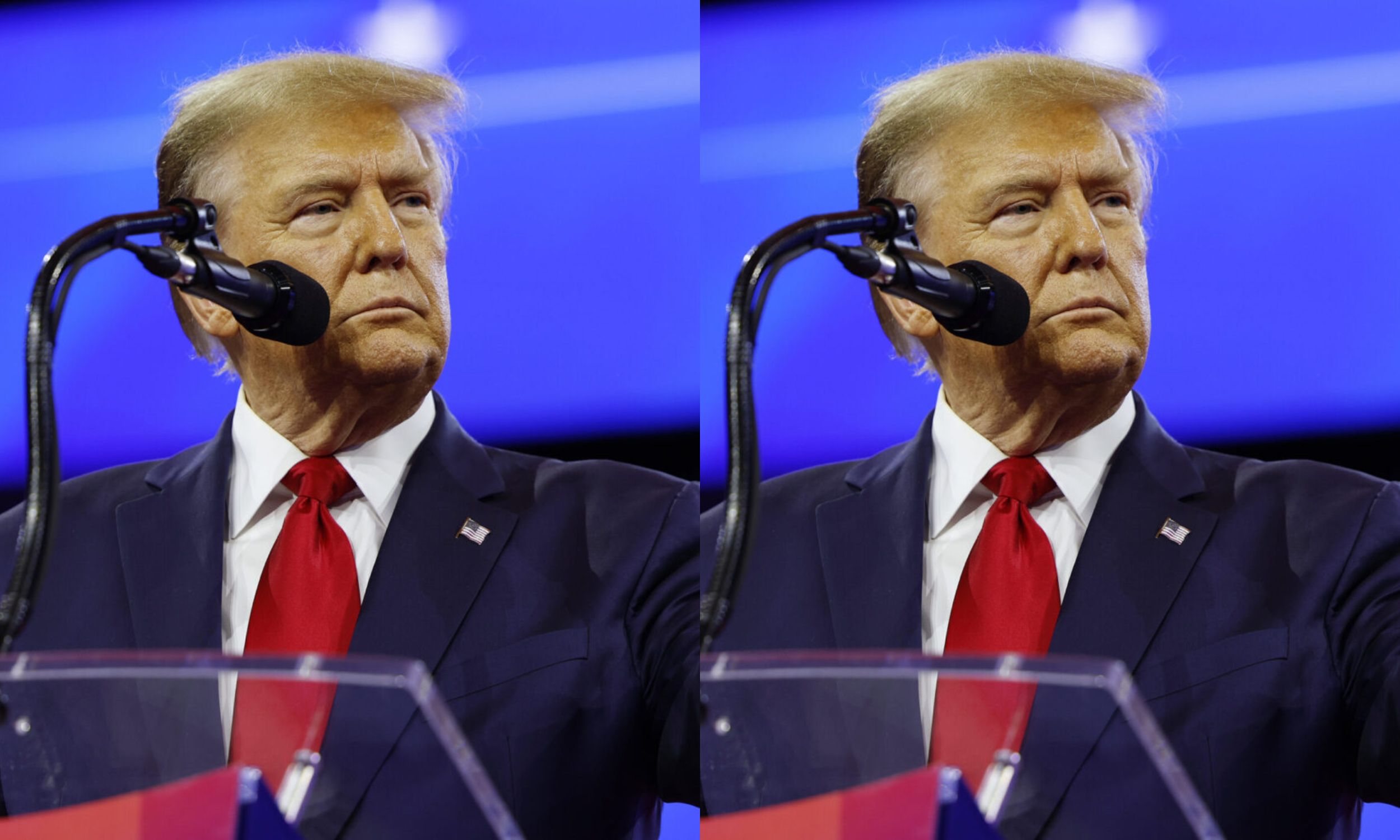Donald Trump has recently shifted his critique of Kamala Harris from race to her appearance. During a livestream on Monday with tech mogul Elon Musk, Trump commented on Harris’s looks, comparing her to former First Lady Melania Trump and referring to her as a “beautiful woman” while mispronouncing her name.
These remarks, which Trump made while discussing a Time Magazine cover featuring Harris, reflect his long-standing tendency to focus on women’s appearances. Critics, including Democratic strategist Julie Roginsky, argue that such comments are demeaning and overshadow the substantive qualities needed in a leader.

Roginsky emphasized that voters seek a president who can effectively address national concerns, not one who fixates on superficial attributes. Trump’s history is marked by his public fixation on and crude commentary about women. In a 1991 interview with Esquire, he famously remarked that media coverage was irrelevant as long as he had “a young and beautiful piece of ass.”
His ownership of the Miss Universe pageant and his inappropriate comments about contestants further illustrate his pattern. The 2016 election saw Trump’s campaign nearly derailed by leaked audio of him boasting about groping women, which he dismissed as “locker room talk.”
More recently, Trump faced legal issues related to his treatment of women, including being found liable for sexually abusing writer E. Jean Carroll and being convicted of falsifying business records related to a hush money payment.
Despite Republican efforts to critique Harris’s policies, Trump’s comments often veer into personal attacks on her identity and appearance, a tactic that some view as inherently sexist and undermining of serious political discourse.
Trump’s campaign has dismissed criticisms of his rhetoric as false, asserting that his previous policies positively impacted women. However, his pattern of disparaging comments about female opponents, including past remarks about Hillary Clinton and recent accusations about Harris’s racial identity, continues to raise concerns about his approach to gender and race issues.


